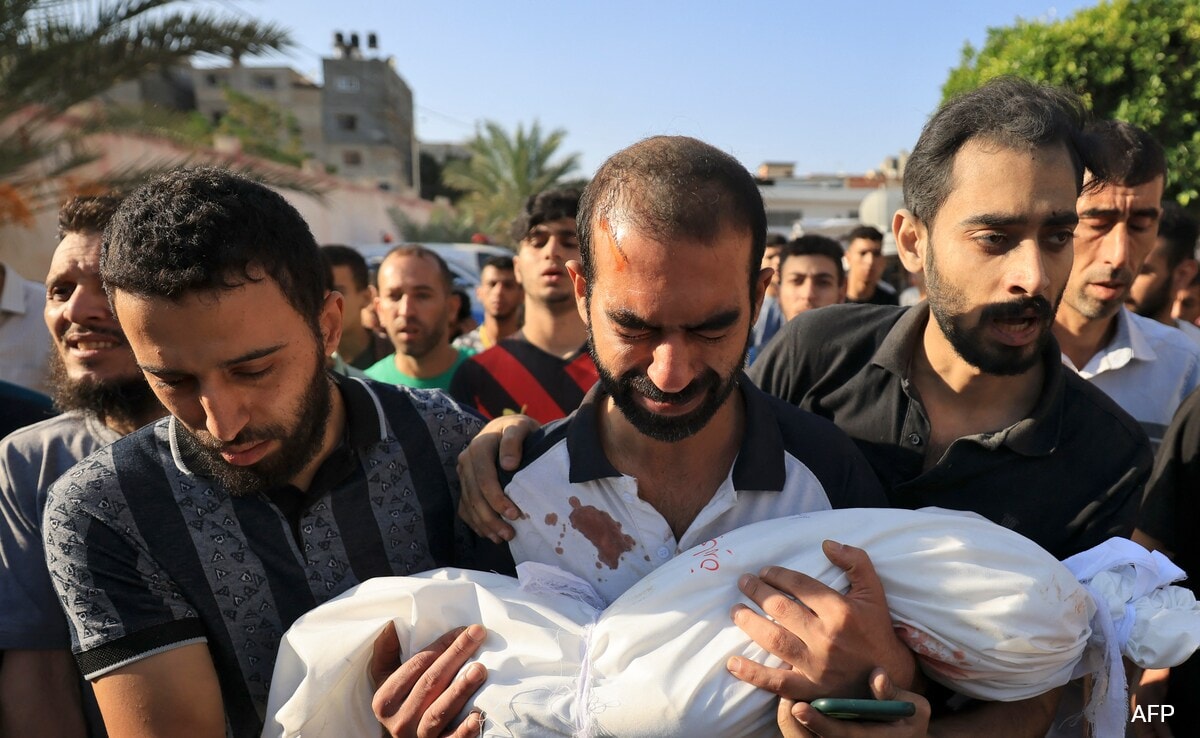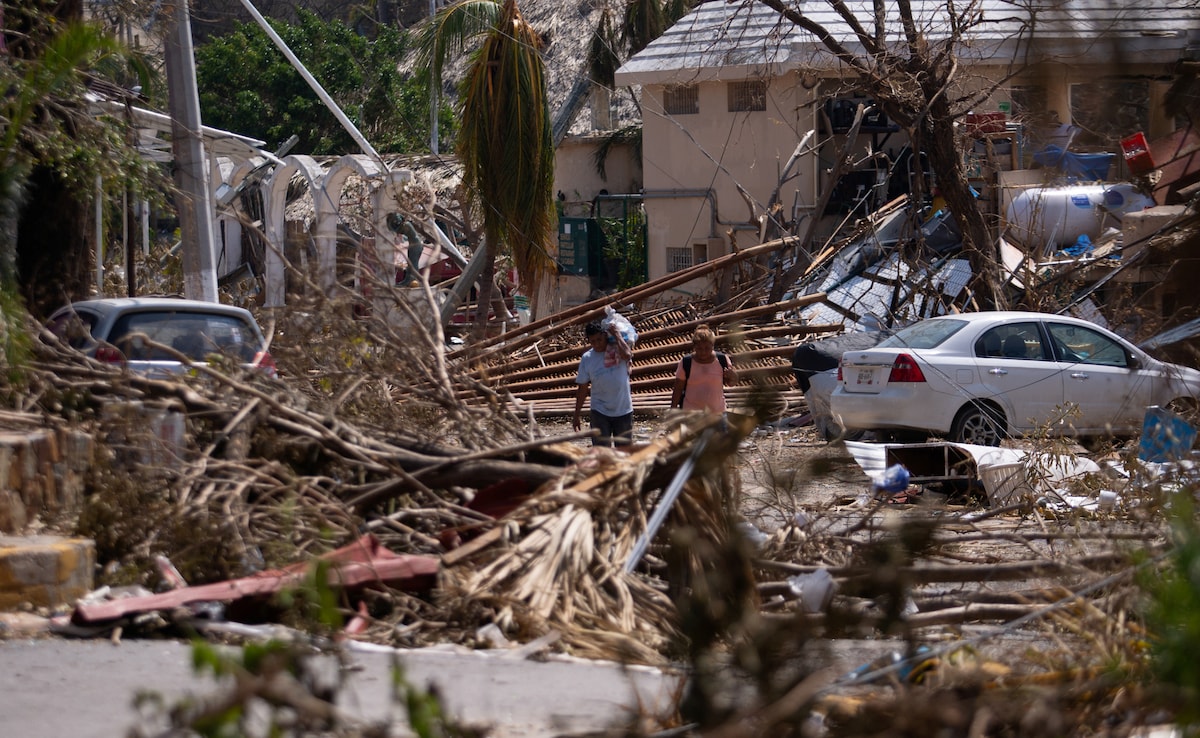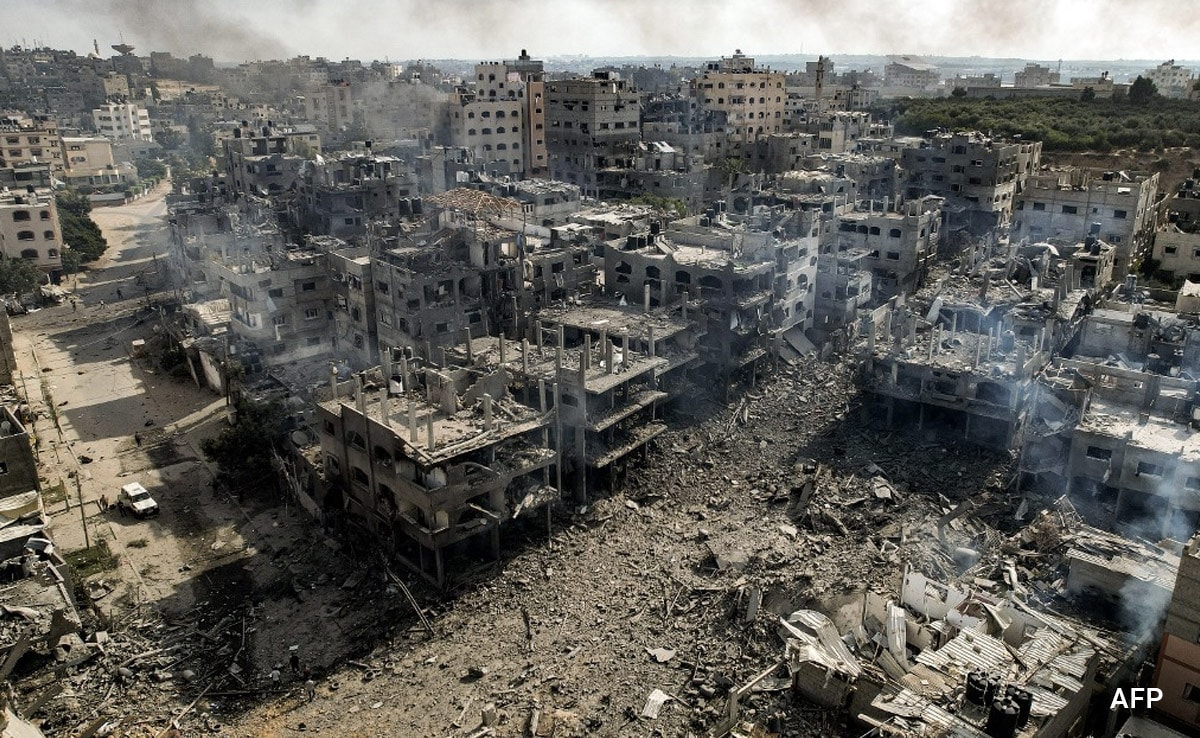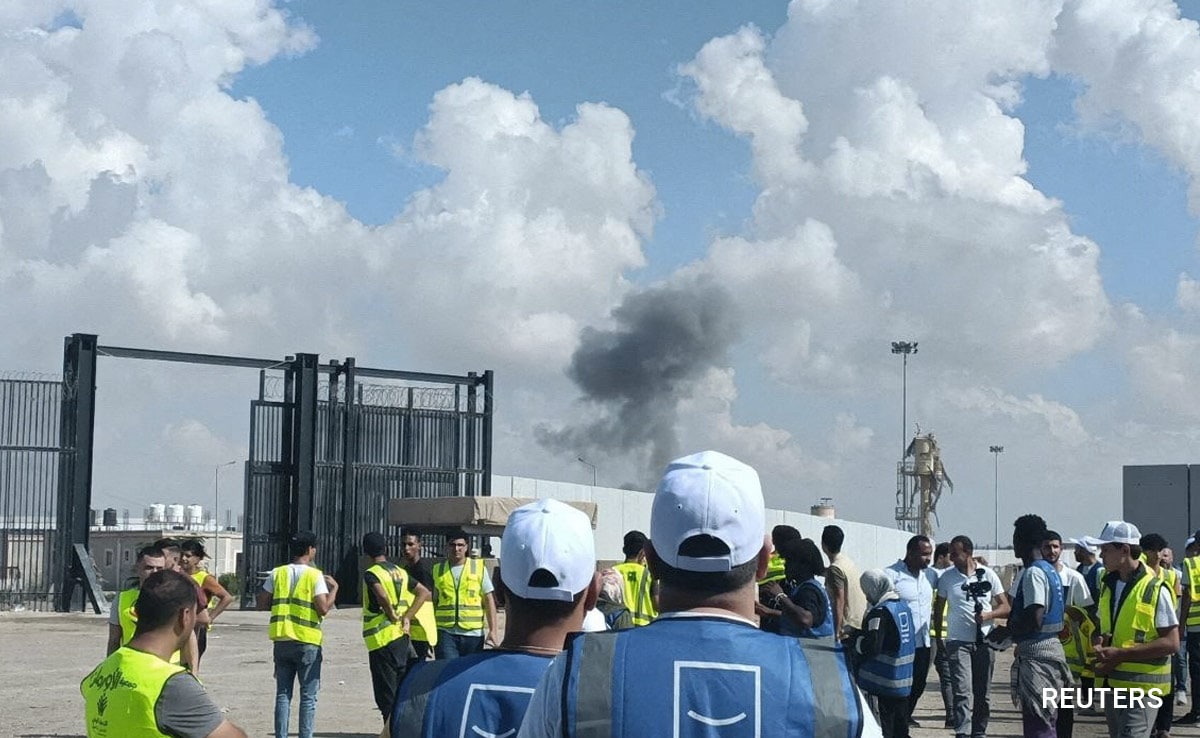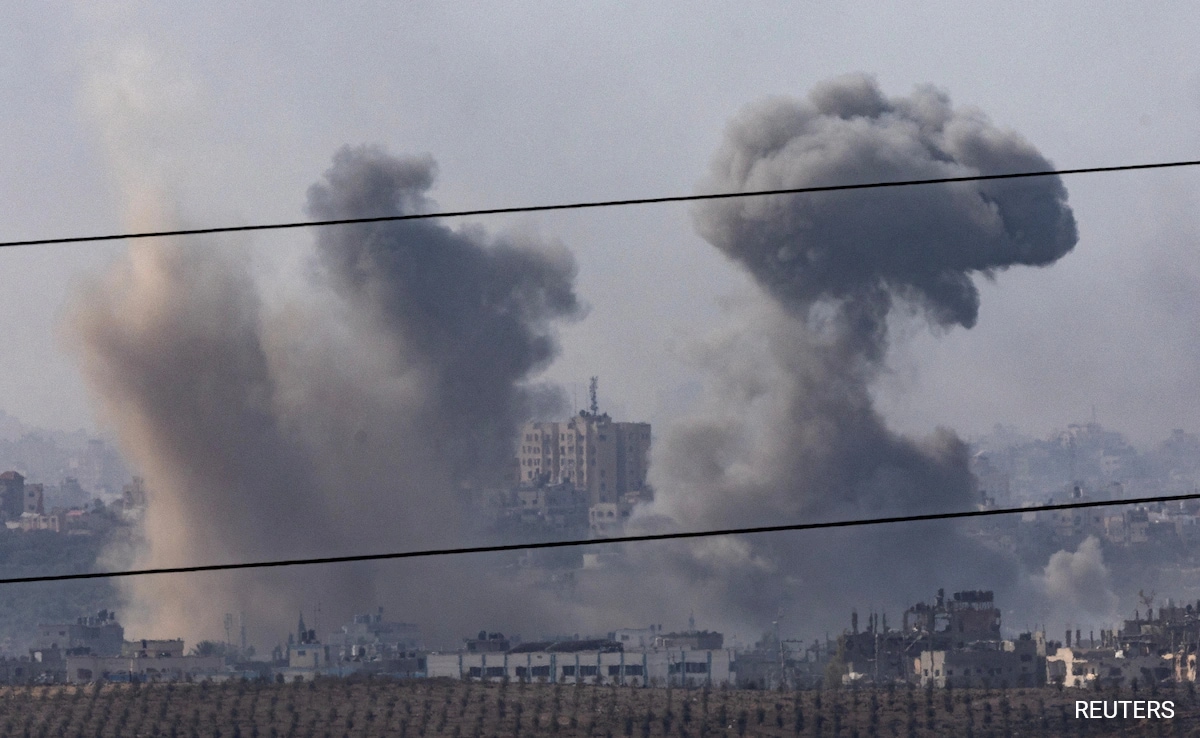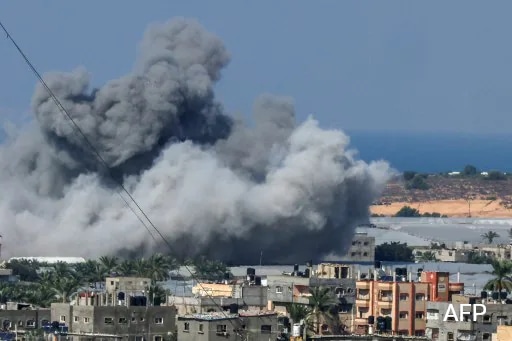Myanmar photojournalist Sai Zaw Thaike is seen working in these undated photo, he was arrested in late May in Rakhine state while reporting about a cyclone and a court in military-ruled Myanmar sentenced a photojournalist to 20 years in prison on Wednesday his employer said, the longest known prison term handed down to a media professional since the 2021 army coup September 2, 2023. Photo: Myanmar Now/Handout via Reuters
A court in Myanmar sentenced a photojournalist for an underground news agency to 20 years in prison with hard labor for his coverage of a deadly May cyclone’s aftermath, the media organization said Wednesday.
The sentence given Sai Zaw Thaike, a photographer for the independent online news service Myanmar Now, appeared to be the most severe for any journalist detained since the military overthrew the elected government of Aung San Suu Kyi in February 2021.
The press freedom group Reporters Without Borders said in April that Myanmar is the world’s second- biggest jailer of journalists, behind only China. The country ranks near the bottom of the group’s 2023 World Press Freedom Index, placing 176th out of 180 countries.
Myanmar Now, which operates underground, reported that a military tribunal tried, convicted and sentenced Sai Zaw Thaike, 40, during the first court hearing since he was detained in the western state of Rakhine.
The proceedings took place inside Insein prison in Yangon, Myanmar’s biggest city, where the photographer was jailed after his arrest. The news agency said Sai Zaw Thaike was allowed no family visits and denied legal representation.
“His sentencing is yet another indication that freedom of the press has been completely quashed under the military junta’s rule, and shows the hefty price independent journalists in Myanmar must pay for their professional work,” the news site quoted Myanmar Now Editor-in-Chief Swe Win as saying.
The news outlet said Sai Zaw Thaike was arrested on May 23 in Rakhine’s capital of Sittwe while recording the damage caused by Cyclone Mocha, the country’s most destructive storm in at least a decade. Mocha made landfall near Sittwe just over a week before his arrest and caused widespread flash floods and power outages.
The storm killed at least 148 people in Rakhine state, many of them members of the persecuted Muslim Rohingya minority living in internal displacement camps, and damaged more than 186,000 buildings.
The news service said he was initially indicted on several charges, including under a statute that falls under the general heading of treason but is sometimes referred to as sedition. Other charges included incitement for allegedly causing fear, spreading false news and agitating against a government employee or the military, which carries a maximum prison term of three years.
He also was charged with online defamation, which is punishable by three years’ imprisonment, and with violating a Natural Disaster Management law for allegedly spreading false information about a disaster with the intention of causing public panic, which carries a potential prison term of up to one year.
Myanmar Now said it did not know which charges Wednesday’s conviction covered. Details of political trials are generally closely held by the authorities, and Myanmar Now’s report could not be independently confirmed.
The conviction of Sai Zaw Thaike is the latest assault on press freedom and journalists by the country’s military-installed government, which has cracked down heavily on independent media.
At least 13 media outlets, including Myanmar Now, have had their media licenses revoked and at least 156 journalists were arrested, about 50 of whom remain detained, according to the local monitoring group Detained Journalists Information. Nearly half of those still in custody have been convicted and sentenced.
At least four media workers have been killed and others were tortured while in detention.
Some of the media outlets ordered closed have continued operating underground without a license, publishing online as their staff members carry on reporting while trying to avoid arrest. Others operate from exile.
The military raided Myanmar Now‘s office in Yangon a month after the 2021 takeover and some staff members, including chief editor Swe Win, fled criminal charges and went into hiding as authorities had their homes sealed.
Sai Zaw Thaike was the second journalist from Myanmar Now to be arrested. Video journalist Kay Zon Nway was detained while covering an anti-coup protest in Yangon in late February 2021 and released four months later under a broad amnesty.




